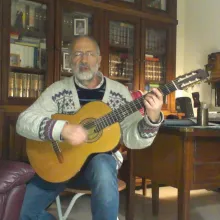The Malaria of Consciousness: Wilhelm Reich and the Pathology of Ideology
From Bangladesh AnarchoSyndicalist Federation
— A Psychoanalytic Reading of Repression, Ideology, and Human Liberation
In modern thought, ideology is often seen as a set of ideas, beliefs, or political doctrines. But Wilhelm Reich — the radical psychoanalyst, Marxist, and revolutionary thinker — understood ideology not merely as thought, but as a disease of feeling, a psychic infection that spreads like malaria through the body of society.





